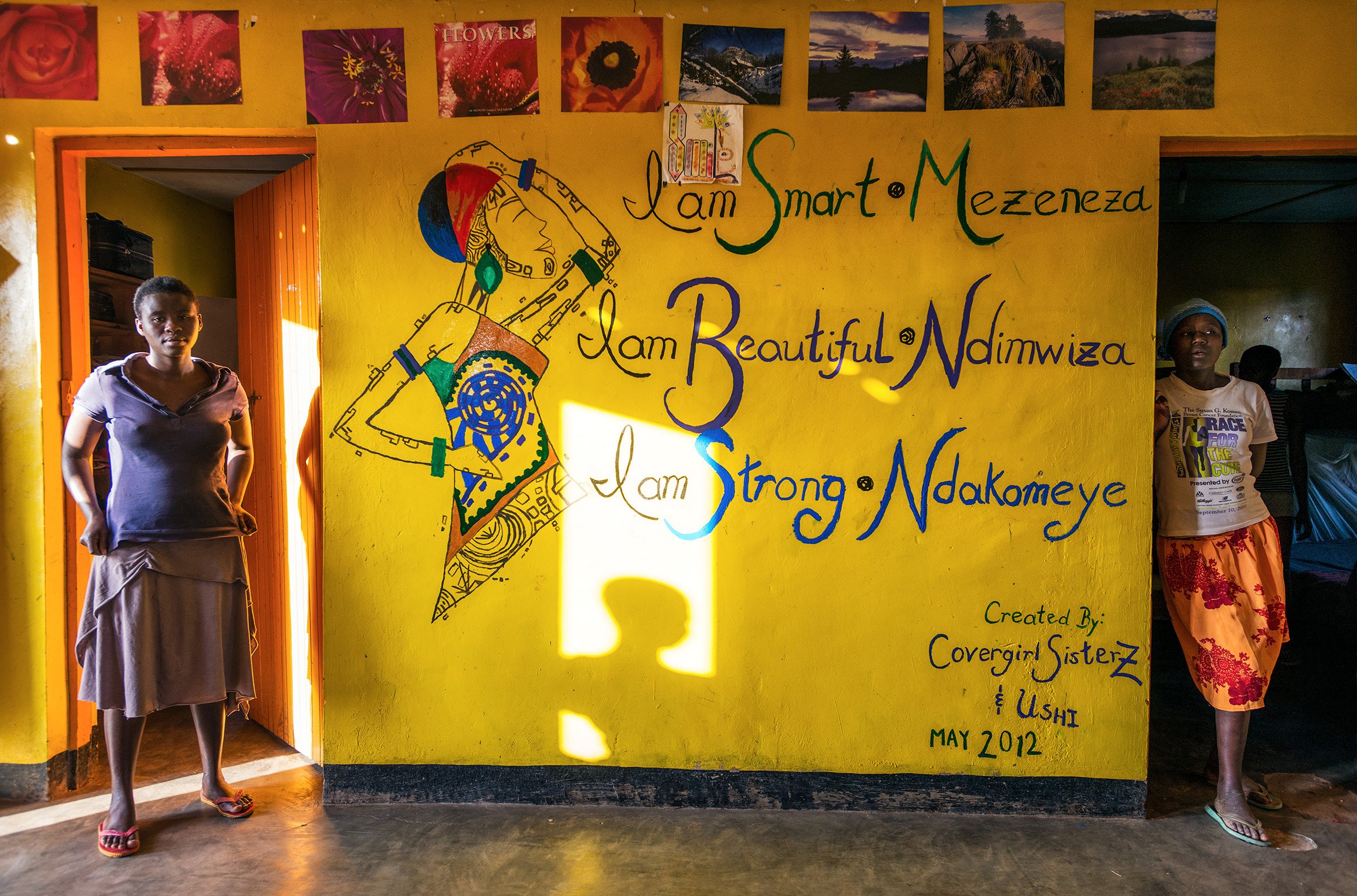RWANDA RESEEN 100 DAYS is a nationwide photography exhibition about life in modern-day Rwanda.
April 7- July 24, 2024, marked the 30th anniversary of the Genocide Against the Tutsi, the second largest of three ethnic groups in Rwanda. During this 100-day-period of commemoration and reflection, artists Jacques Nkinzingabo and Bill Bamberger intalled 100 large-scale photographs across Rwanda.
Their exhibition tells the story of daily life in the capital city of Kigali and many of the small villages scattered across Rwanda’s five provinces. The photographs were sited in a wide array of public and private spaces: local schools, neighborhood cafes, community libraries, art galleries, and outdoor markets. Many were printed on waterproof fabric and displayed on storefronts and the sides of homes in the neighborhoods where the photographs were taken.
* * * * *
Rwanda Reseen is a collaboration between Rwandan photographer Jacques Nkinzingabo and U.S. photographer Bill Bamberger. The project combines the work of Nkinzingabo, who has been photographing his native country over the last decade with Bamberger’s photographs taken in Rwanda from 2013-2023.
A child at the time of the genocide, Nkinzingabo was separated from his family for years thereafter. He lived on the streets of Kigali before being taken in by the family of a close friend. They raised Nkinzingabo and provided him with the fees to attend public school where he was lent his first camera and asked to photograph school sporting events. Today, Nkinzingabo photographs for publications worldwide and is the founding director of the Kigali Center for Photography.
Bar, Kigali -Nkinzingabo
Nkinzingabo believes photography can help bring a new vision of his country to the world. He wants the opportunities and beauty of his country – its culture and traditions – to be seen alongside its challenges. Regarding his long-term project about Rwanda he says, “I wanted to capture the way we live, feel, dance, speak, look, walk, dress, and do our hair....I wanted to bring out the culture and traditions of Rwanda people so as to change the way the world views our country. We’re tired of hearing about Rwanda only in connection to genocide and reconciliation. The Rwanda of today is a fast-growing country full of opportunities and beauty, but also challenges. This is what deserves to be known.”
Bamberger first traveled to Rwanda in 2013, on the eve of the 20th anniversary of the Genocide Against the Tutsi. “Like other photographers visiting Rwanda at this historic time, my intention was to undertake a post-genocide project,” Bamberger recalls. “But as I looked through my lens while traveling across the country, I did not see perpetrators or survivors. Instead, I found my images evoking the collective resilience of the Rwandan people, their generosity and compassion as they forged a new national identity.”
Primary school teacher, Nyamata -Bamberger
In the years that followed, Bamberger visited health clinics in Kigali’s poorest neighborhoods, schools in remote mountain villages, an orphanage on the banks of Lake Kivu, tea fields in the south, national parks on the country’s borders and a tennis club in one of Kigali’s most affluent neighborhoods.
In the summer of 2018, Bamberger met Nkinzingabo who on their first meeting led Bamberger and a group of Duke University students on a tour of Kimisagara, his neighborhood home for many years. The two photographers forged a friendship that first day and agreed to combine their portfolios and to work together towards an exhibition and book.
A portrait of my friend Myira, Kigali -Nkinzingabo
Despite their different backgrounds, Nkinzingabo and Bamberger shared a unified photographic vision. They each focused on the people and places of daily life. They worked through understatement rather than over-dramatization. While so many other journalists and photographers continue to portray a country forever defined by its past, both photographers thought it time for the people of Rwanda to be seen in the context of modern life, free from the longstanding characterization as Hutu or Tutsi, perpetrator or survivor. They saw Rwandans looking to the future.




